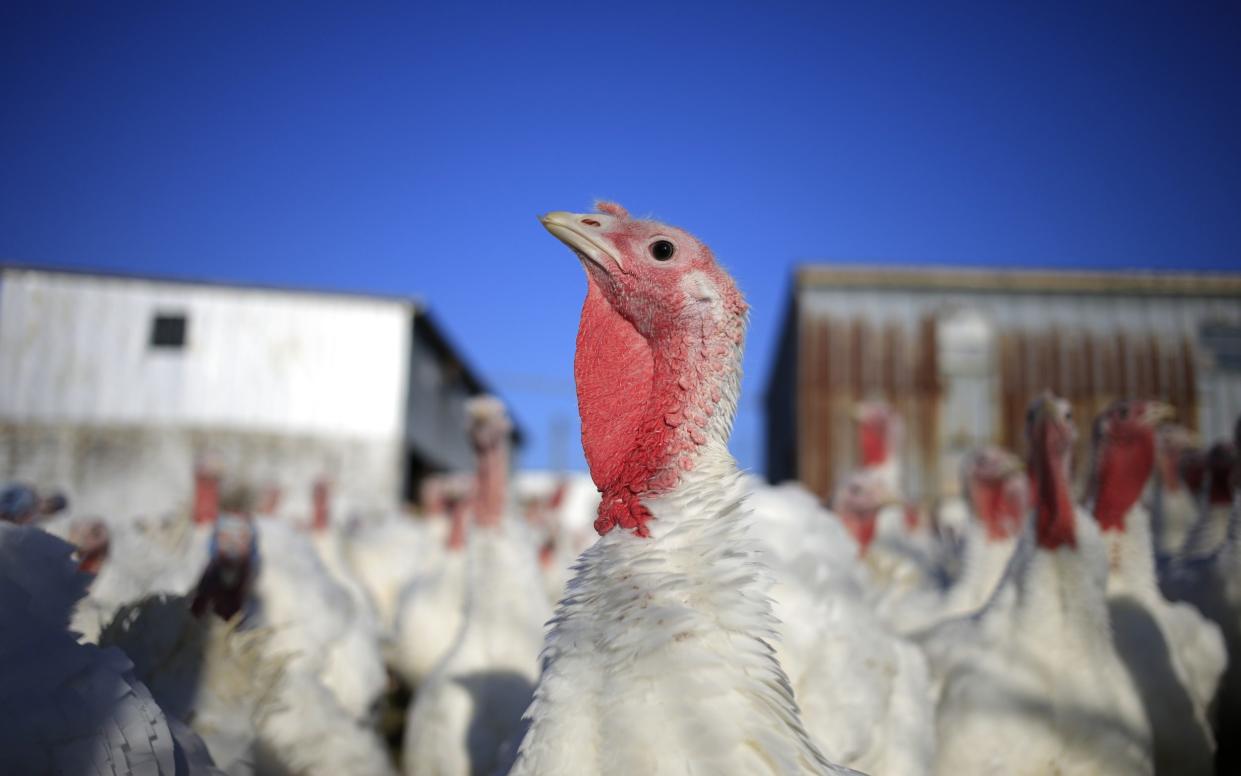Antibiotics used in livestock bigger public health threat than chlorinated chicken, experts warn

Antibiotics are a bigger public health risk than chlorinated chicken, experts warned, as they said imported meat risks worsening antimicrobial resistance.
Countries including the US, Australia and New Zealand use more antibiotics on their livestock than the UK, either as a way to promote growth or as a preventative measure against disease.
The Alliance to Save our Antibiotics, a group of organisations which includes the Royal College of Physicians, called on the government to match EU bans set to come into force in 2022.
The EU is due to ban imported meat treated with antibiotics for growth promotion and the use of preventative antibiotics in domestic livestock.
The group warned that the overuse of certain types of antibiotics threatens "last resort" drugs such as colistin, used to treat humans with infections that do not respond to other varieties.
It said pressure could also be put on UK farmers to farm more intensively and use more antibiotics if they are forced to compete with cheaper imports.
Overall, antibiotic use per animal is around five times higher in the US and Canada compared to the UK, and use in US cattle is about seven times higher, the report said.
Author Cóilín Nunan said that intensive farming abroad led to greater use of both antibiotics and methods such as washing with chlorine.
"Chlorination just enables you to run a system where there are lower standards, and the lower those standards are the more likely you are to get pathogenic bacteria including antibiotic resistant bacteria," he said.
"In terms of the direct health risks from the use of chlorine on the chickens and the direct health risk to the future of human medicine through the overuse of antibiotics, the scale of that problem is clearly far greater."
Separately, UK charity the Sustainable Food Trust wrote to Environment Secretary George Eustice saying it would be "completely irresponsible" for the government to allow the importation of animals treated with banned antibiotics.
"Allowing the importation of meat produced in ways not allowed here would be a major slap in the face for British farmers and a seriously backward step in the fight against antimicrobial resistance," said policy director Richard Young.
A government spokesman said: "This government has been clear that we will not compromise on our world-leading environmental protections, animal welfare and food standards.
"The UK already prohibits the use of artificial growth hormones in both domestic production and imported products – and this will continue after the transition period.
"We will also continue to operate robust controls on the medicines that can be used for all animals, including food-producing ones, to protect animal and human health and the environment."


